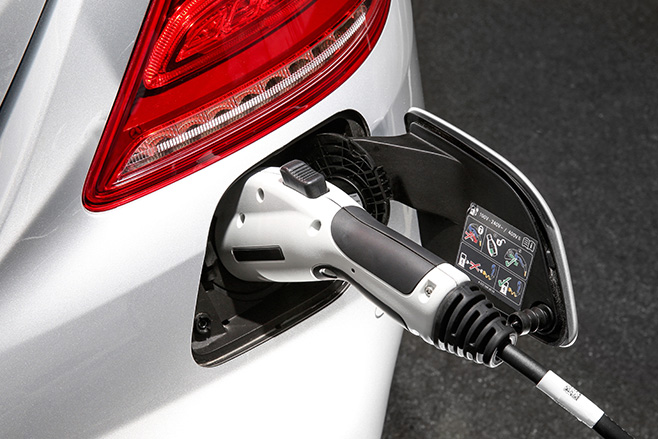
Snapshot
- State Government aiming for 50 per cent EVs in next nine years
- 20,000 subsidies available on vehicles up to the value of $69,000
- $19million to be spent on charging stations
- There are currently 7,000 EVs on Vic roads, but 300,000 new cars sold every year
The Victorian Government has announced it wants half of all new cars sold in the state by 2030 to be electric – incentivising people to buy by offering subsidies of up to $3000.
The State Government made the shock announcement on Saturday, claiming it will provide 20,000 subsidies – the first 4000 of which will be available from tomorrow – for Victorians to take up electric vehicles up to the value of $69,000.
In total, the Andrews Government has put aside $100 million for the project.
As part of the deal, $19 million will fund new charging stations state-wide and $10 million will go towards the cost of expanding the Government’s EV fleet by 400 vehicles over the next two years.
“When people get an EV, they are starting to save significant dollars off their bills,” Climate Change Minister Lily D’Ambrosio told the ABC.
“It’s almost up to $1,600 that is saved off fuel and maintenance costs, each and every year, so we want to make it easier for Victorians.”
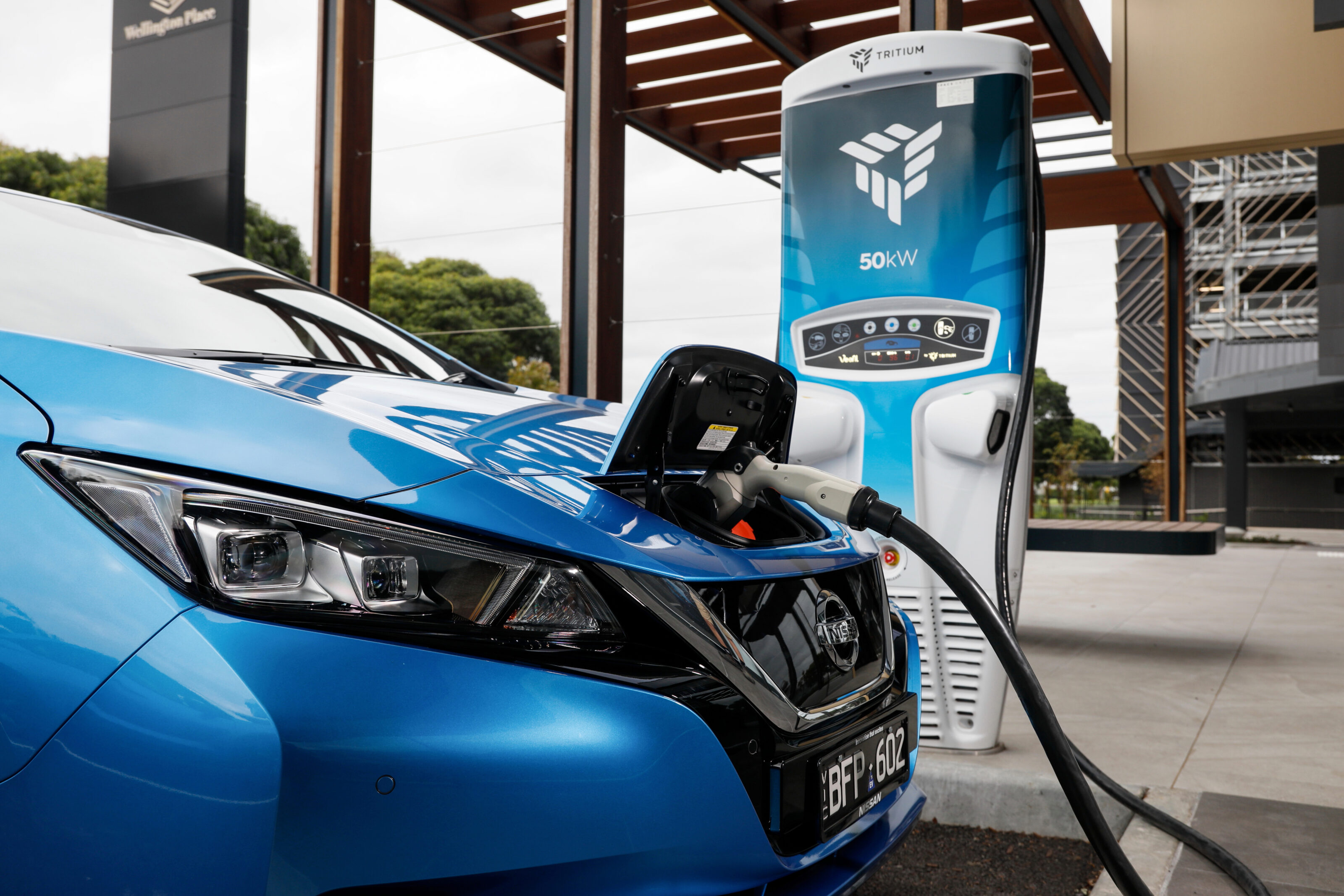
Behyad Jafari, CEO of the Electric Vehicle Council, welcomed the news.
“This is the positive commitment that we have been calling for. With the right actions to support it, we can get on with accelerating Australia’s transition to electric,” he said.
“To put this in context, Victorians buy 300,000 new cars per year. The government is committing to go from around 2,000 EV sales to 150,000 in nine years. The market won’t do this by itself, it will take work, but achievable and the right move.
“Victoria has said it will work together with other states and territories towards a vehicle CO2 standard, where the Federal Government has failed to do so. This is a monumental commitment by the Victorian Government and I hope other states accept.”
MG Australia and New Zealand boss, Peter Ciao, also praised the announcement.
“We applaud the Victorian government’s initiative to support the roll-out of electric vehicles in that state,” said Ciao.“At MG, we believe in electric for everyone, and this government subsidy will give more people the opportunity to sample the benefits of electric motoring for themselves.”
The government will establish an expert advisory panel to advise it on the policies and infrastructure needed to meet the 50 per cent target by 2030.
The 2030 target and subsidies are part of its strategy for Victoria to have net zero emissions by 2050, with interim targets for 2025 and 2030 to be announced tomorrow.
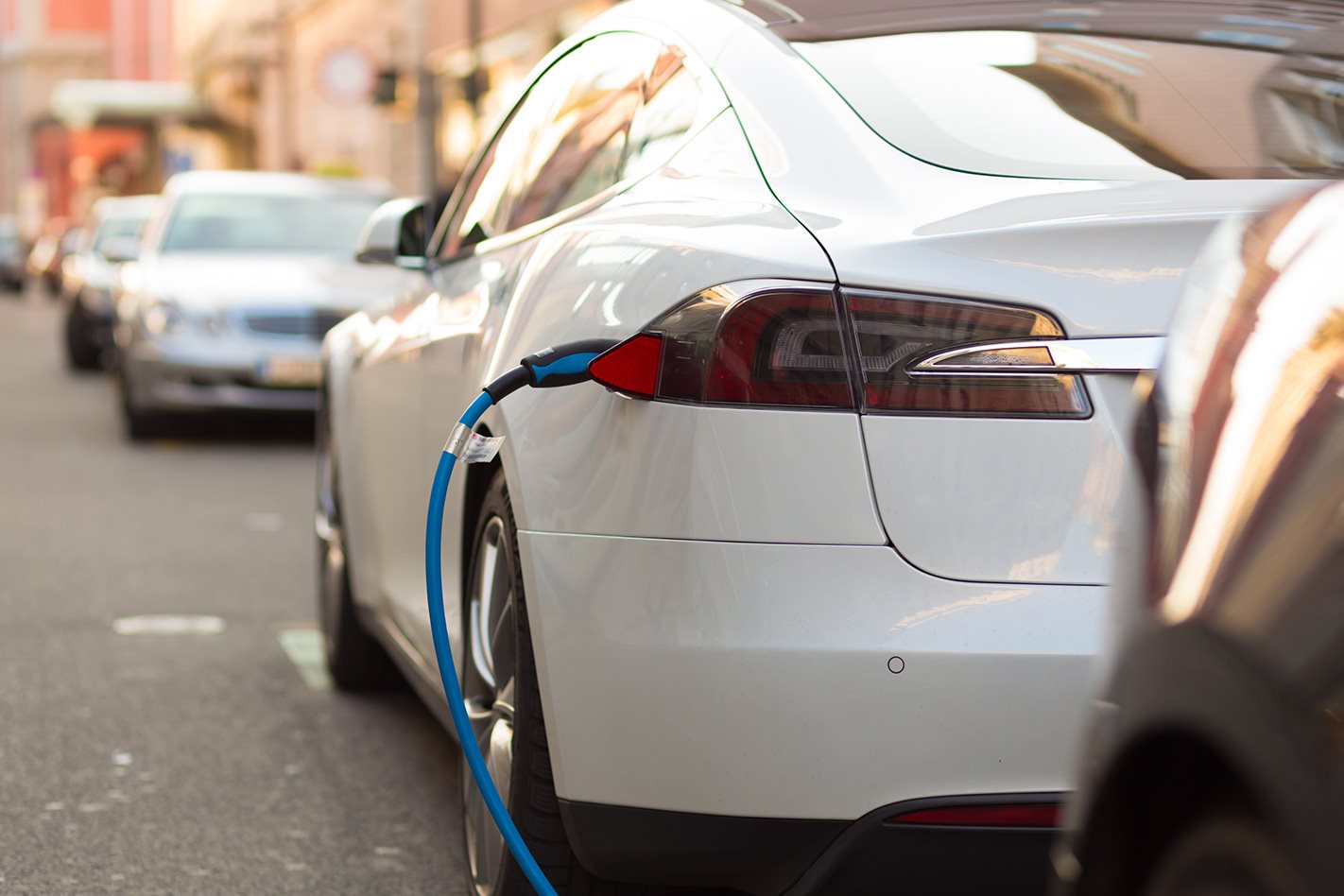
Currently there are fewer than 7,000 electric vehicles registered in Victoria, with the Federal Chamber for Automotive Industries concerned about just how the growth targets will be achieved, calling the State Government’s plans “ambitious”.
“We welcome the approach taken by the Victorian Government today,” said FCAI Chief Executive Tony Weber.
“However, the FCAI has concerns over the ambitious target of 50 per cent of new vehicle sales in Victoria being electric vehicles by 2030, warning that governments should focus on CO2 emissions targets rather than mandating specific technologies.
“The aim is to reduce CO2 emissions from vehicles. Governments should focus on targets, not technologies. If governments set the targets, the carmakers will deliver the range of vehicles into the market that achieve environmental outcomes and meet the needs of Australian motorists.
“We have already come a long way and we believe these issues can be resolved.”
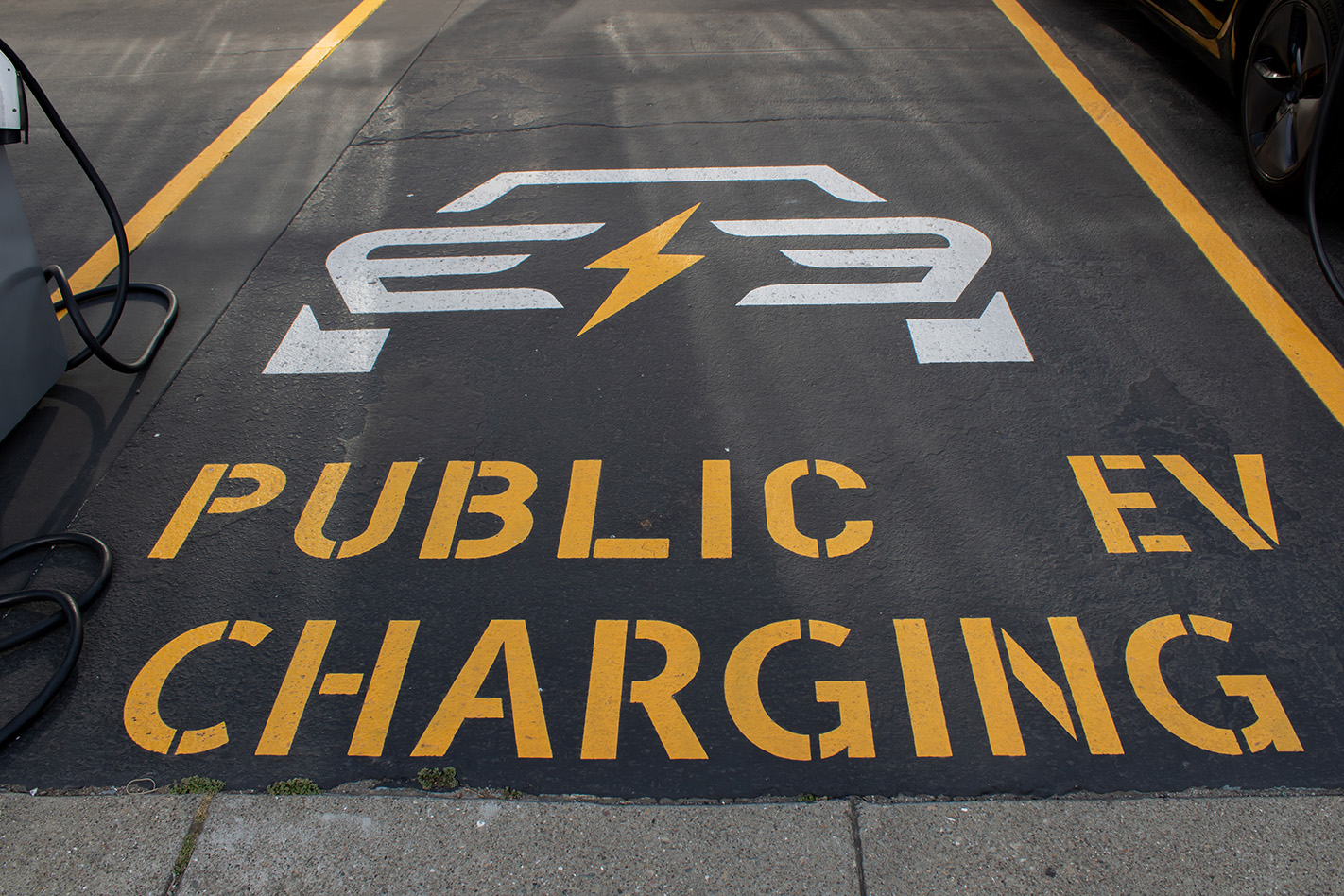
Mr Weber added that the actions taken by the Victorian Government highlighted that the Federal Government risked missing an opportunity to provide leadership and policy direction on the increased take-up of zero and low emissions vehicles (ZLEVs).
“The FCAI has consistently advocated for a national approach to these issues that ideally would be federally-led to avoid the prospect of individual state governments introducing their own standards and incentive programs in support of ZLEVs.
“Consistency is the critical element for Australian customers. If other states introduce their own programs, they must align. Otherwise, the result will be another disjointed and chaotic system like the introduction of different rail gauges across the country.”
Mr Weber also questioned the Victorian Government’s separate decision to introduce a distance-based charge for electric and plug-in hybrid vehicles – something which has caused widespread controversy in recent months and been dubbed “the world’s worst EV policy” by industry and environmental groups.
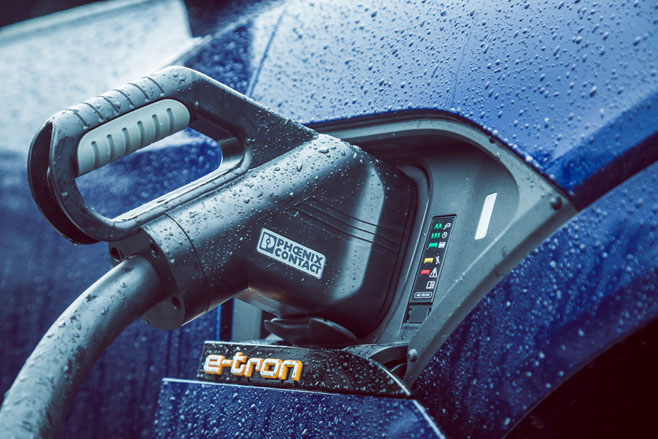
In an open letter they urged crossbench MPs to vote against the bill when it comes before Parliament and claimed the Andrews Government’s proposed tax is the only stand-alone electric vehicle tax in the world, and risks putting Australia even further behind the rest of the world in its uptake of electric cars.
“Road user charging decisions should not be based around specific technologies and particularly those that are in their relative infancy in the Australian market,” Mr Weber added. “An efficient road user charging scheme can address all vehicle users regardless of the type of vehicle they drive, how often it is driven and the purpose of the travel.
“The FCAI will be keen to work with the Victorian and other governments to explore the benefits to the broad-based tax and vehicle charging reform.”
Taxing EVs has caused widespread controversy across Australia in recent months, with Victoria pursuing a distance-based charge which would apply to zero and low emission vehicles (ZLEVS) if passed by Parliament.
Under the proposed policy, which was announced in the 2020-21 Victorian Budget, a 2.5c/km charge would apply to electric and other zero emission vehicles – including battery-electric and hydrogen vehicles, and a 2.0c/km charge will apply to plug-in hybrid-electric vehicles.
According to the Victorian Government, electric vehicle owners will pay on average an additional $330 a year in distance-based road usage charges and plug-in hybrid-electric vehicles owners will pay an additional $260 a year – though this figure does not seem to take into account the petrol excise that PHEV drivers also pay.
The proposal has gone down like a lead balloon with many across the car industry and environmental groups who believe charging EVs penalises owners for shrinking petrol and diesel tax coffers without rewarding them for helping to reduce carbon emissions.
We recommend
-
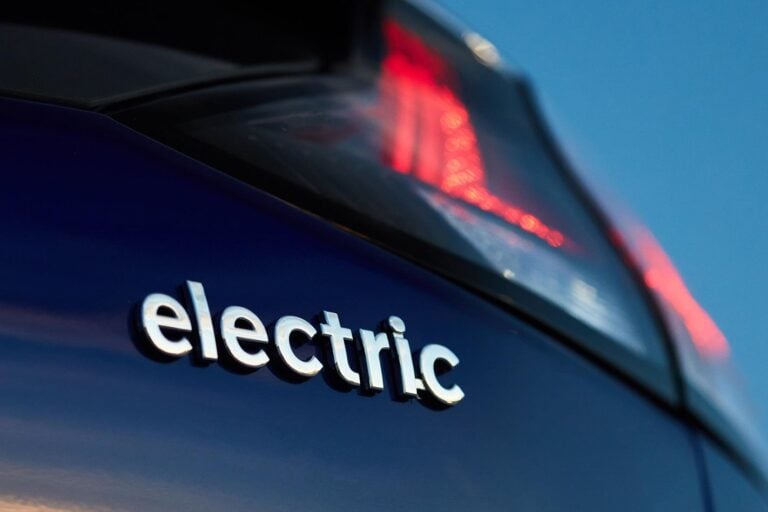 News
NewsHow do I get the Victorian Government's electric vehicle subsidy?
All the rules and regs on how the incentive scheme actually works in practice
-
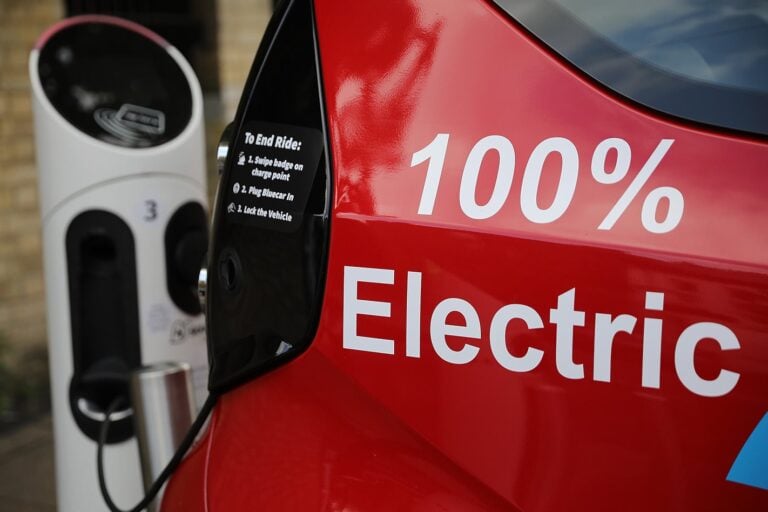 News
NewsVictorian EV tax bill is "world's worst EV policy"
A public hearing about the controversial EV tax bill is on today
-
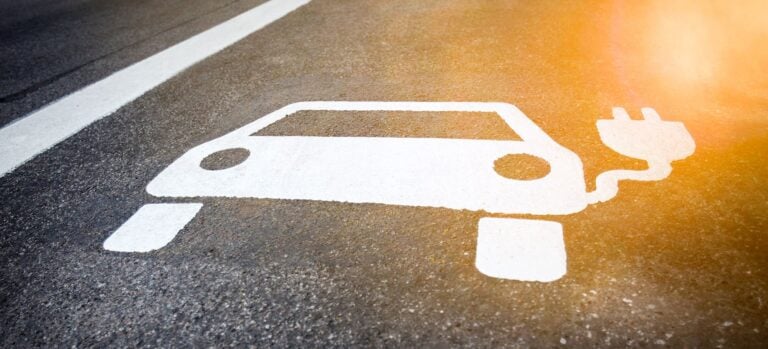 News
NewsEV tax debate: NSW minister says Sydney shouldn't be 'enslaved to cars'
The NSW Government is divided with ministers coming at the issue from multiple angles




